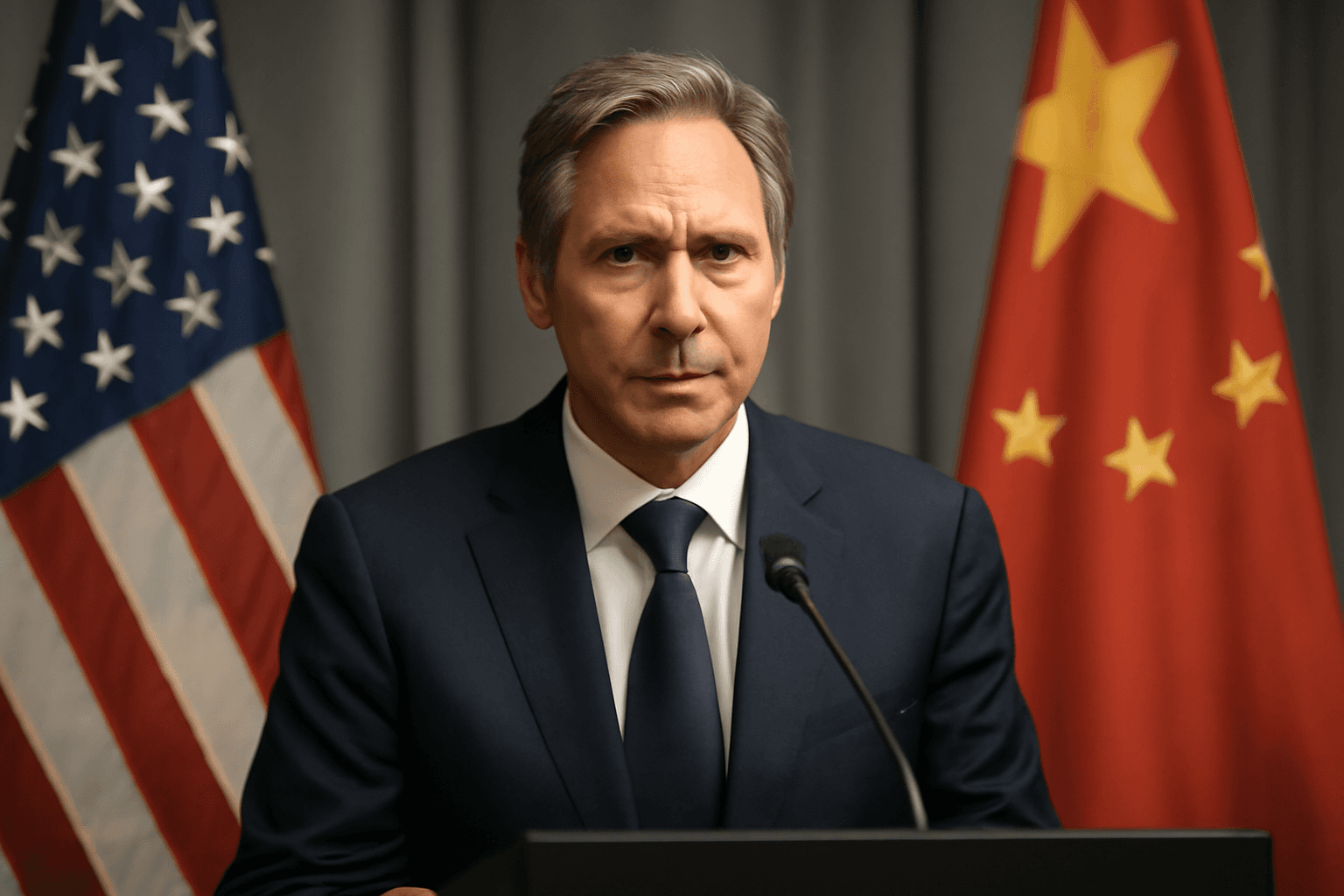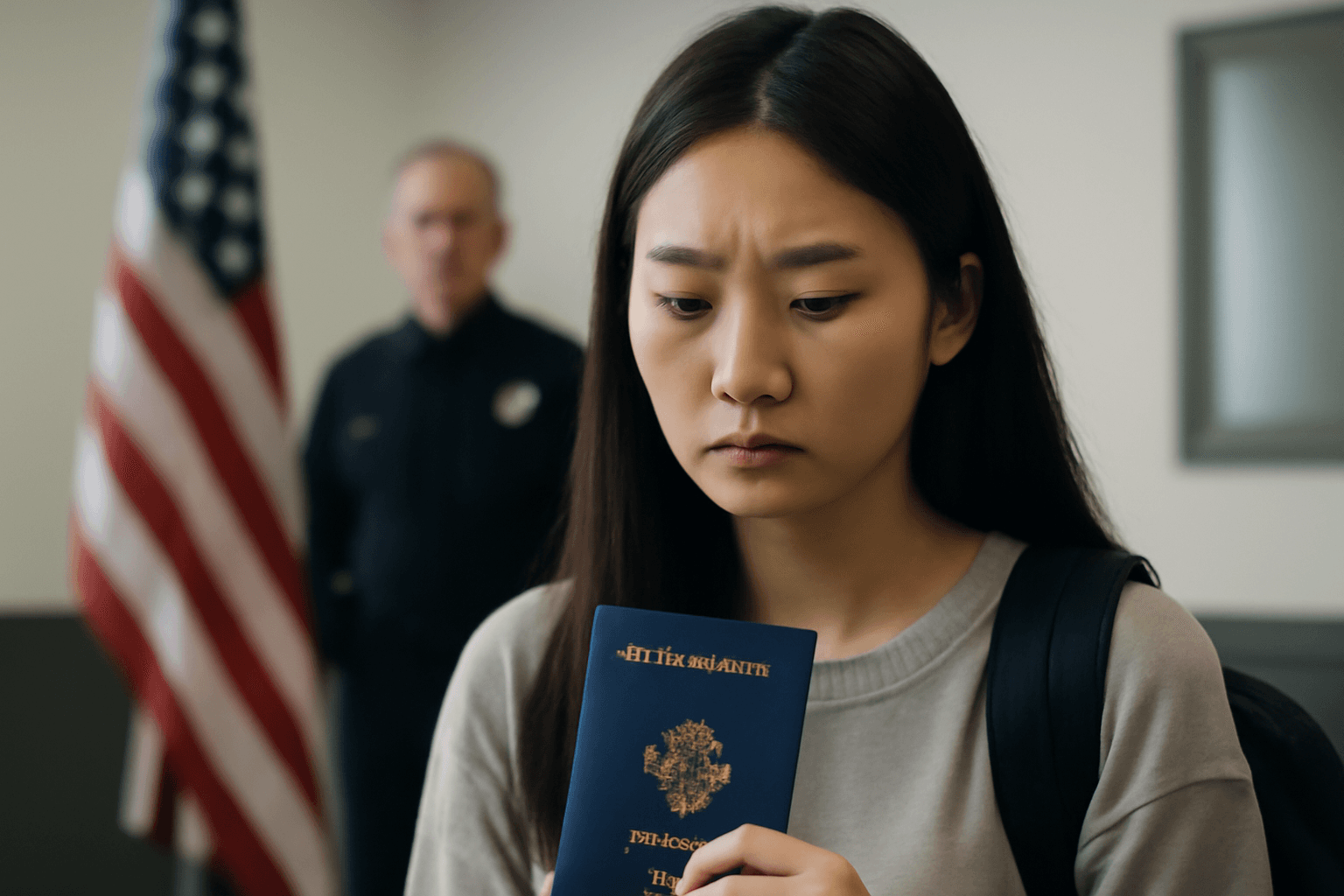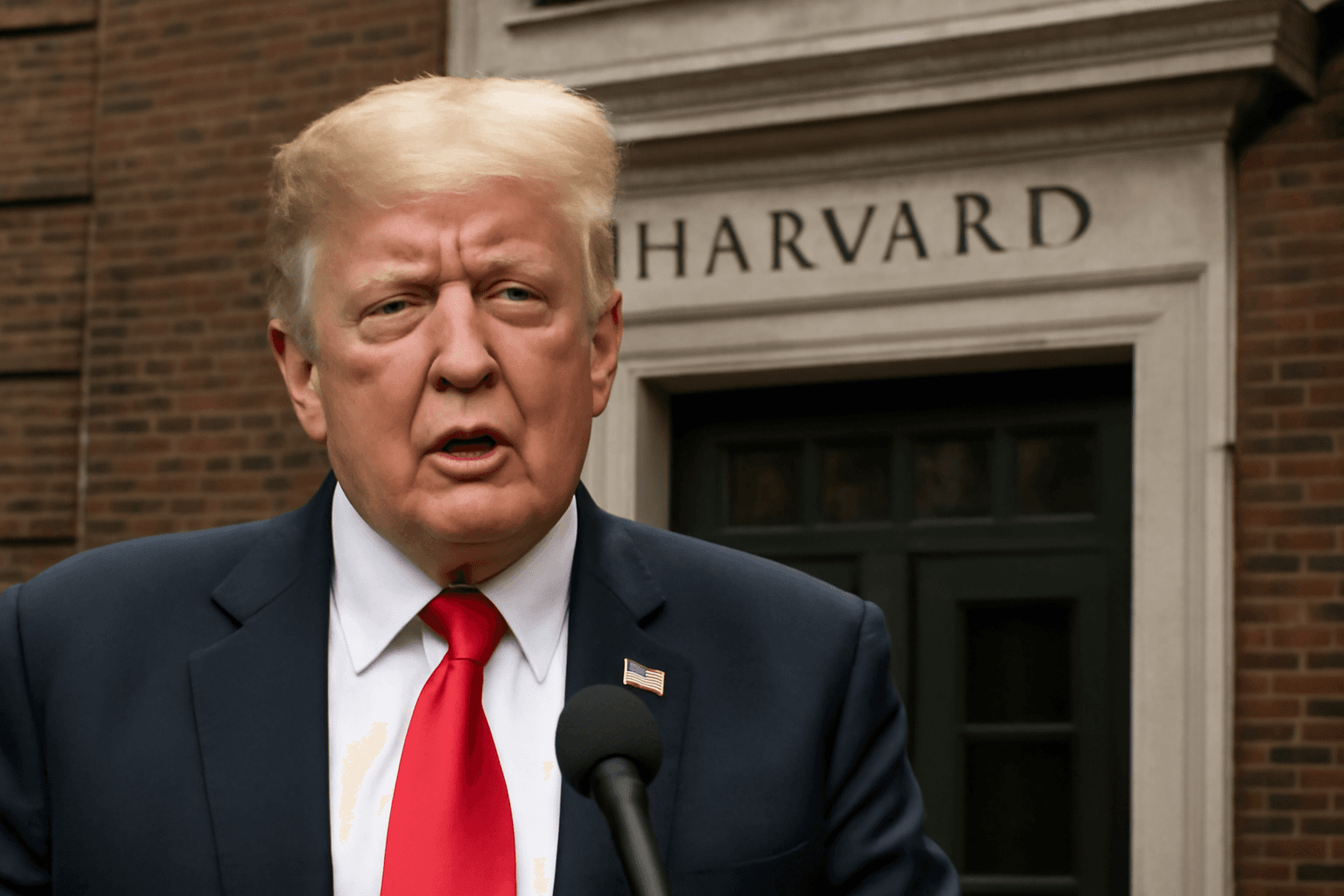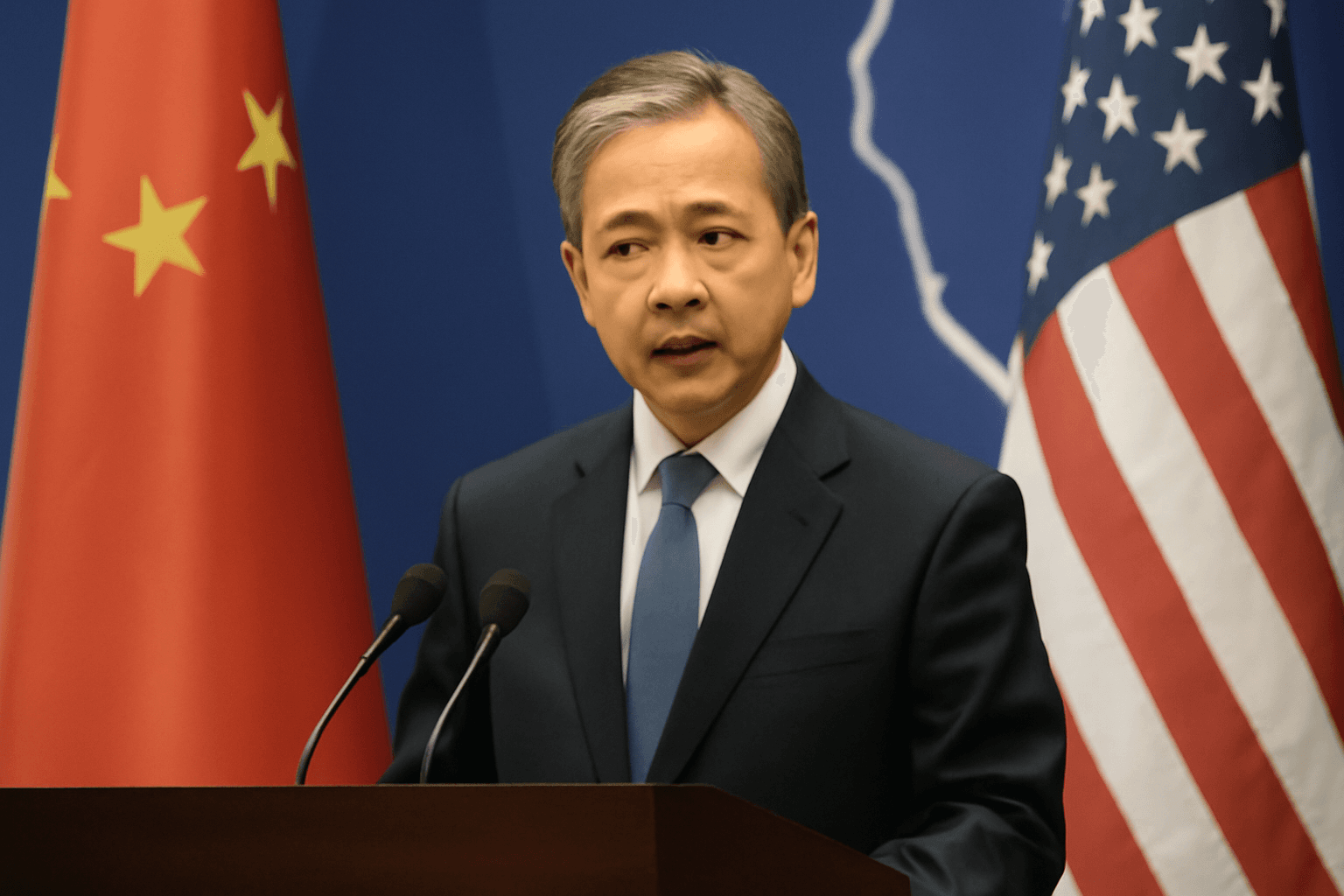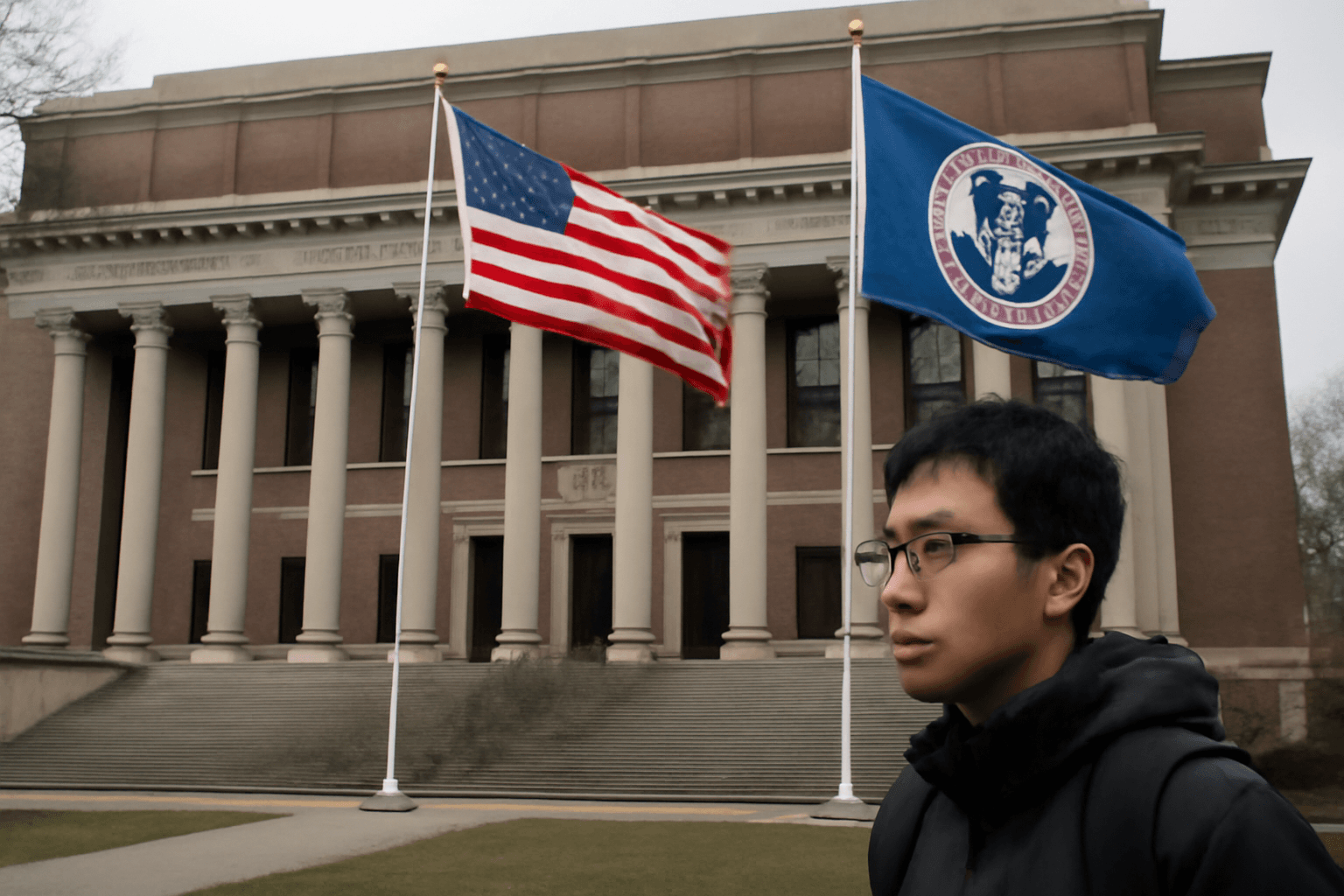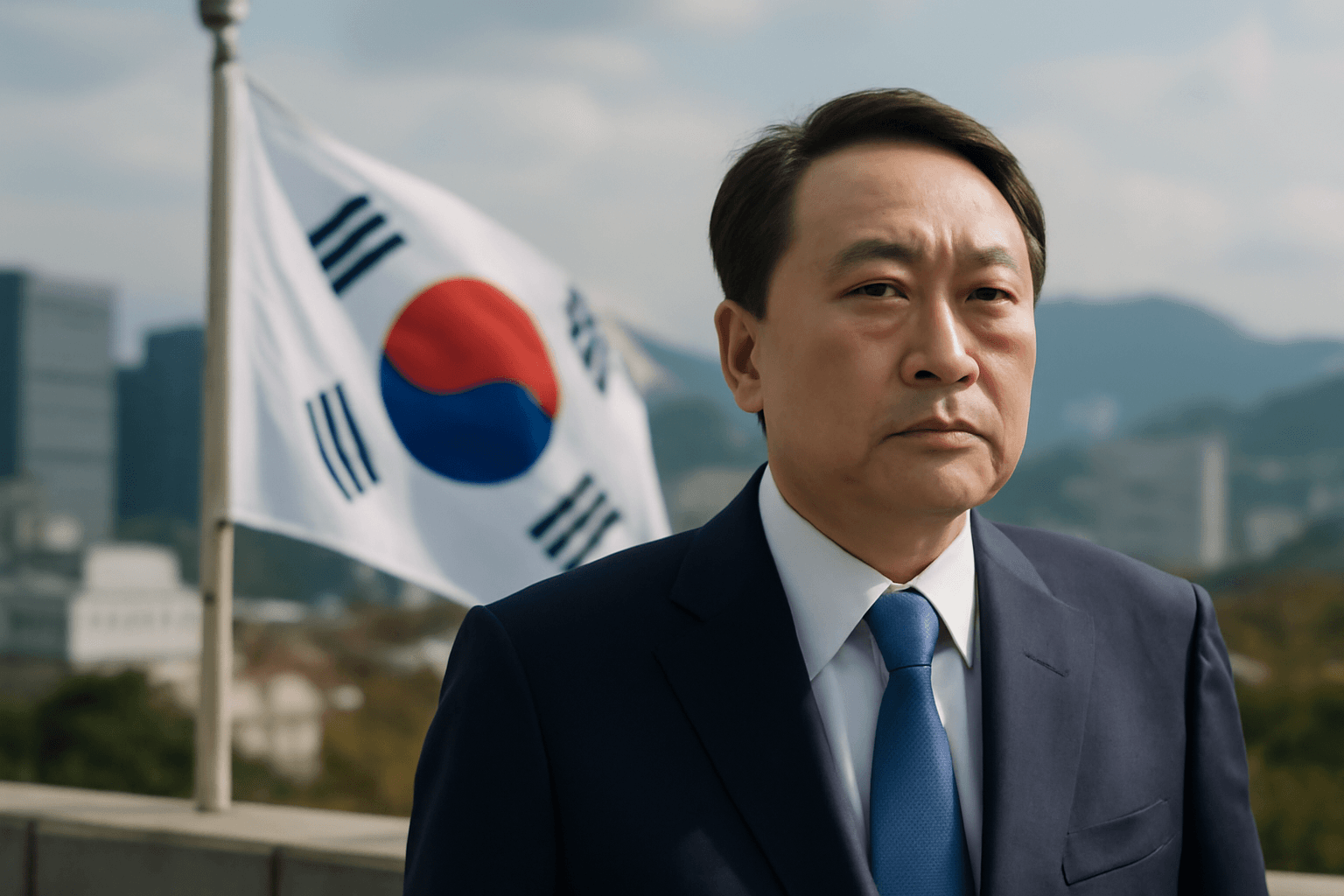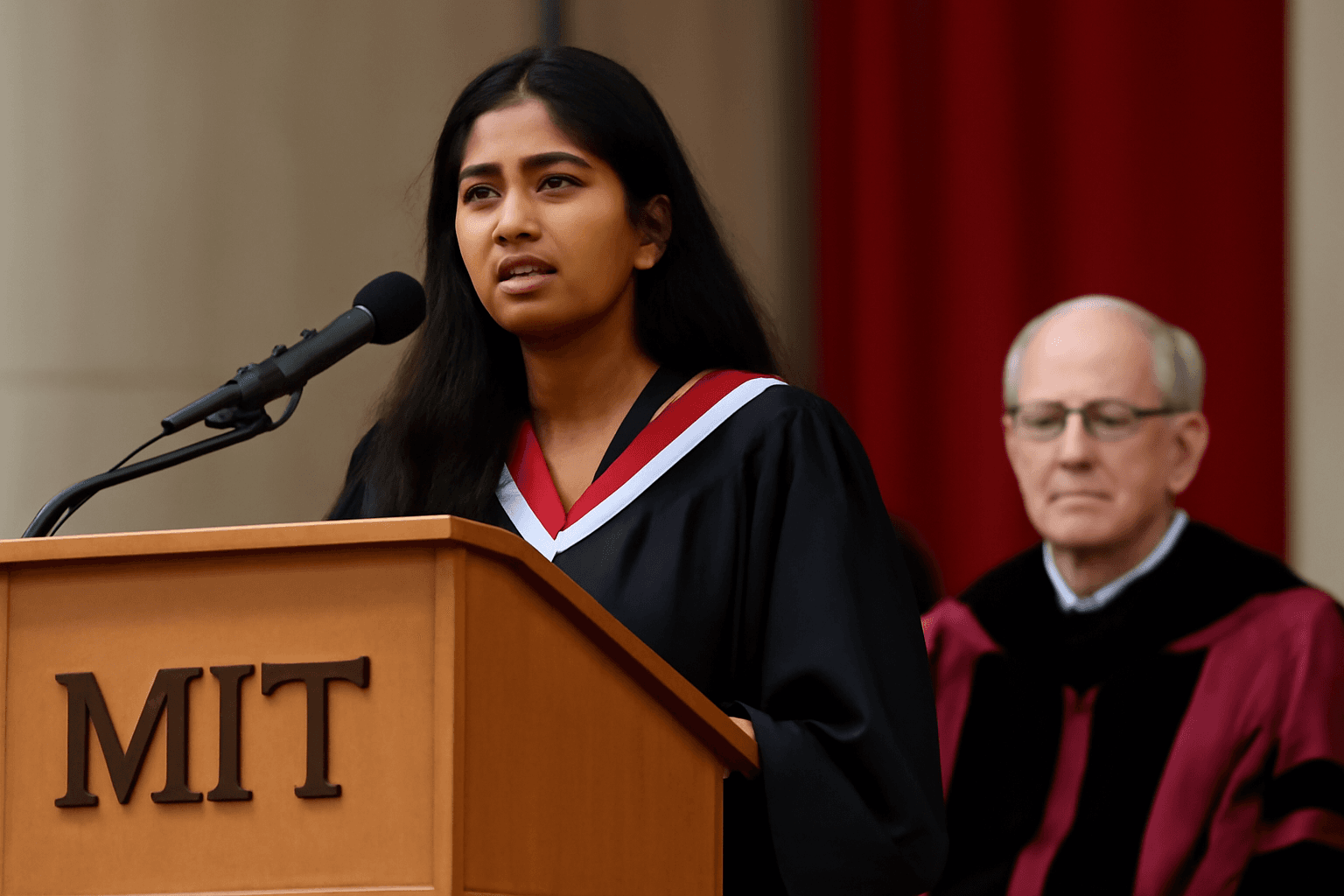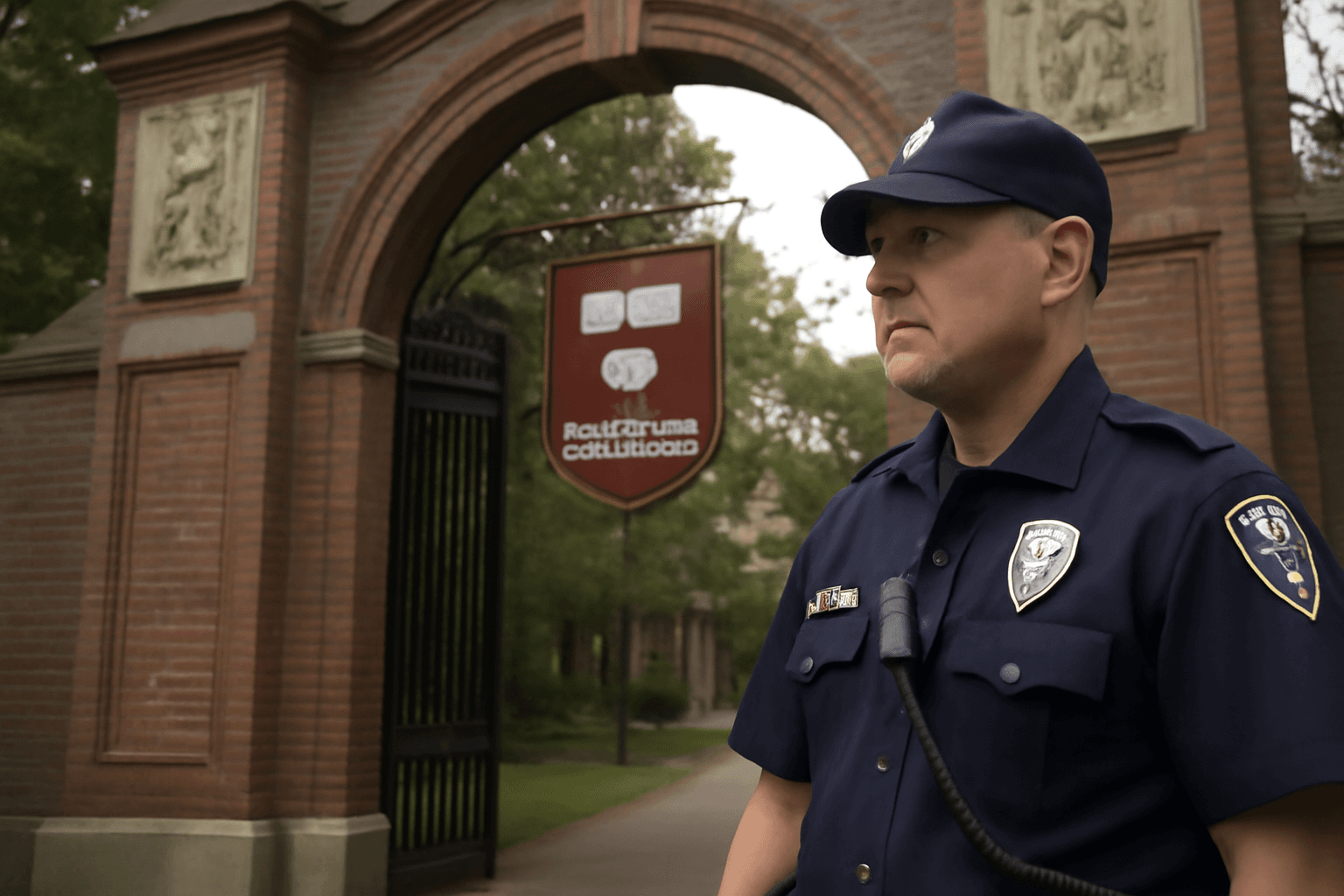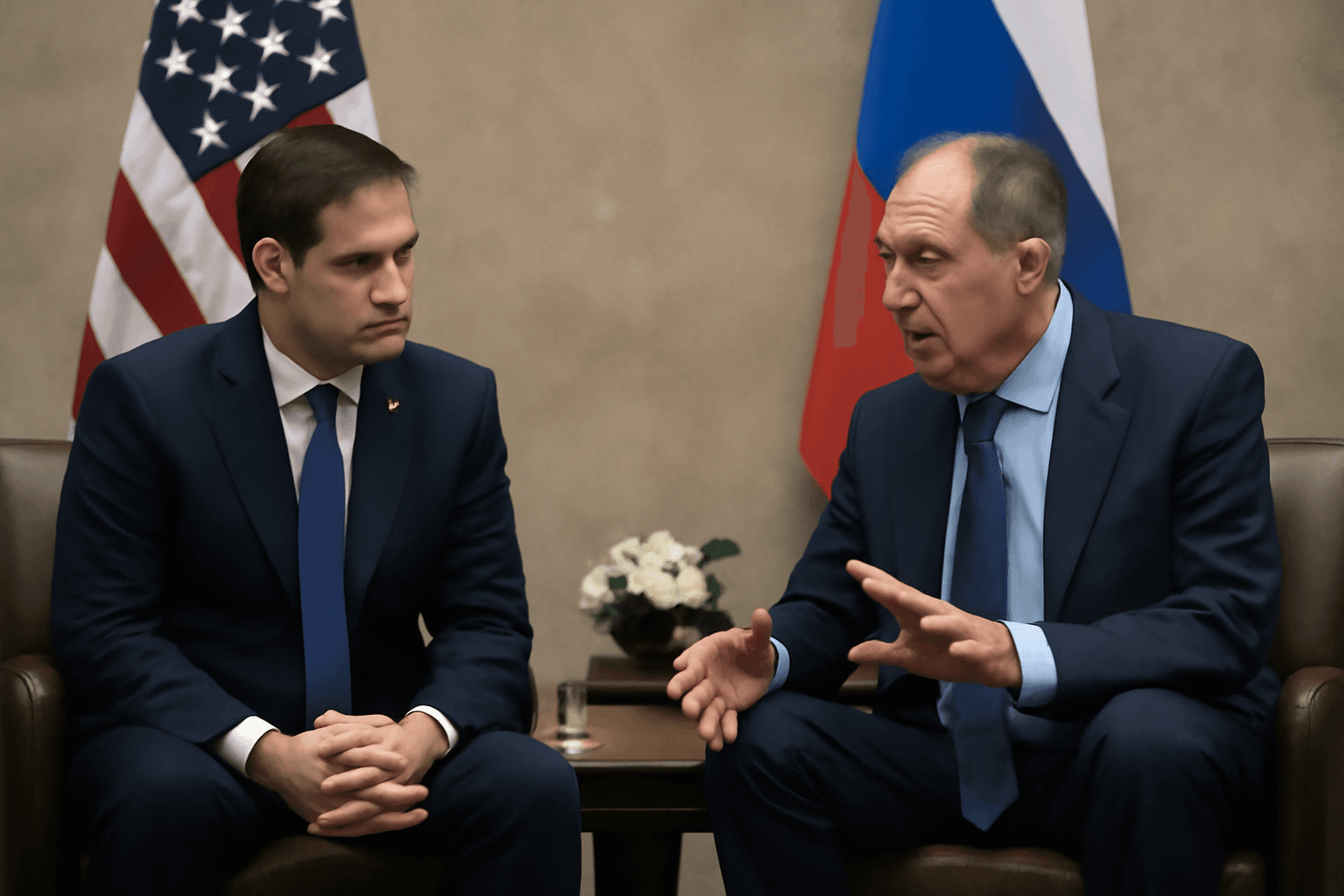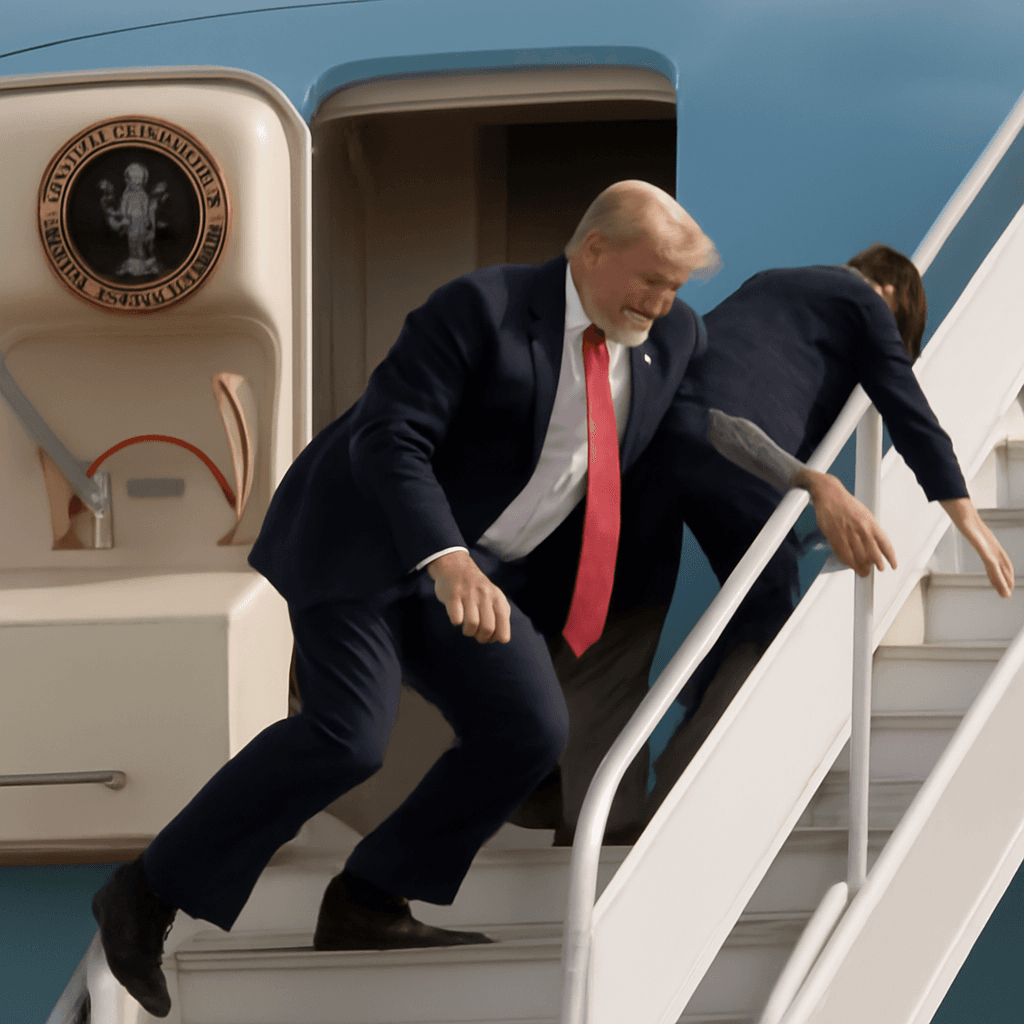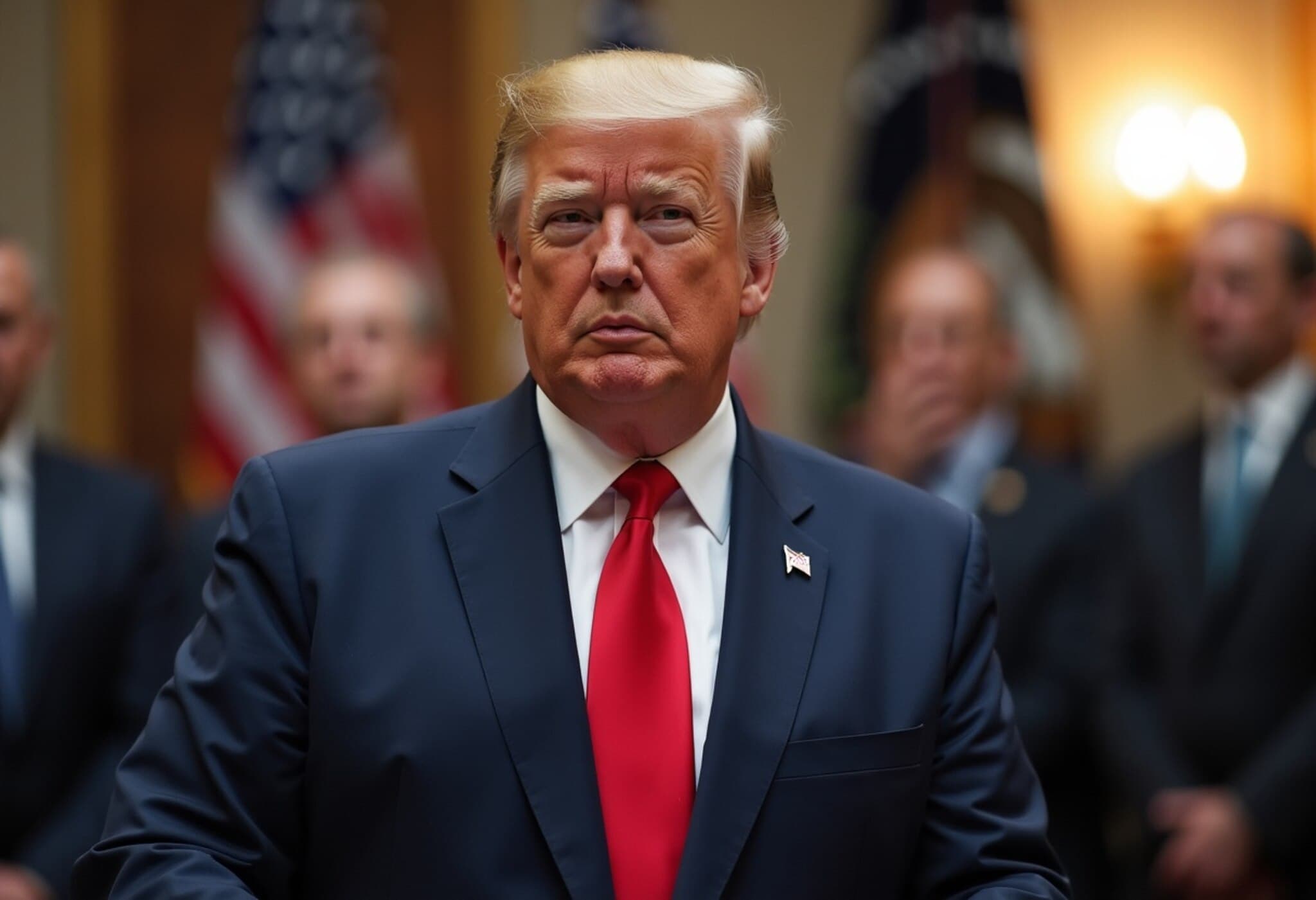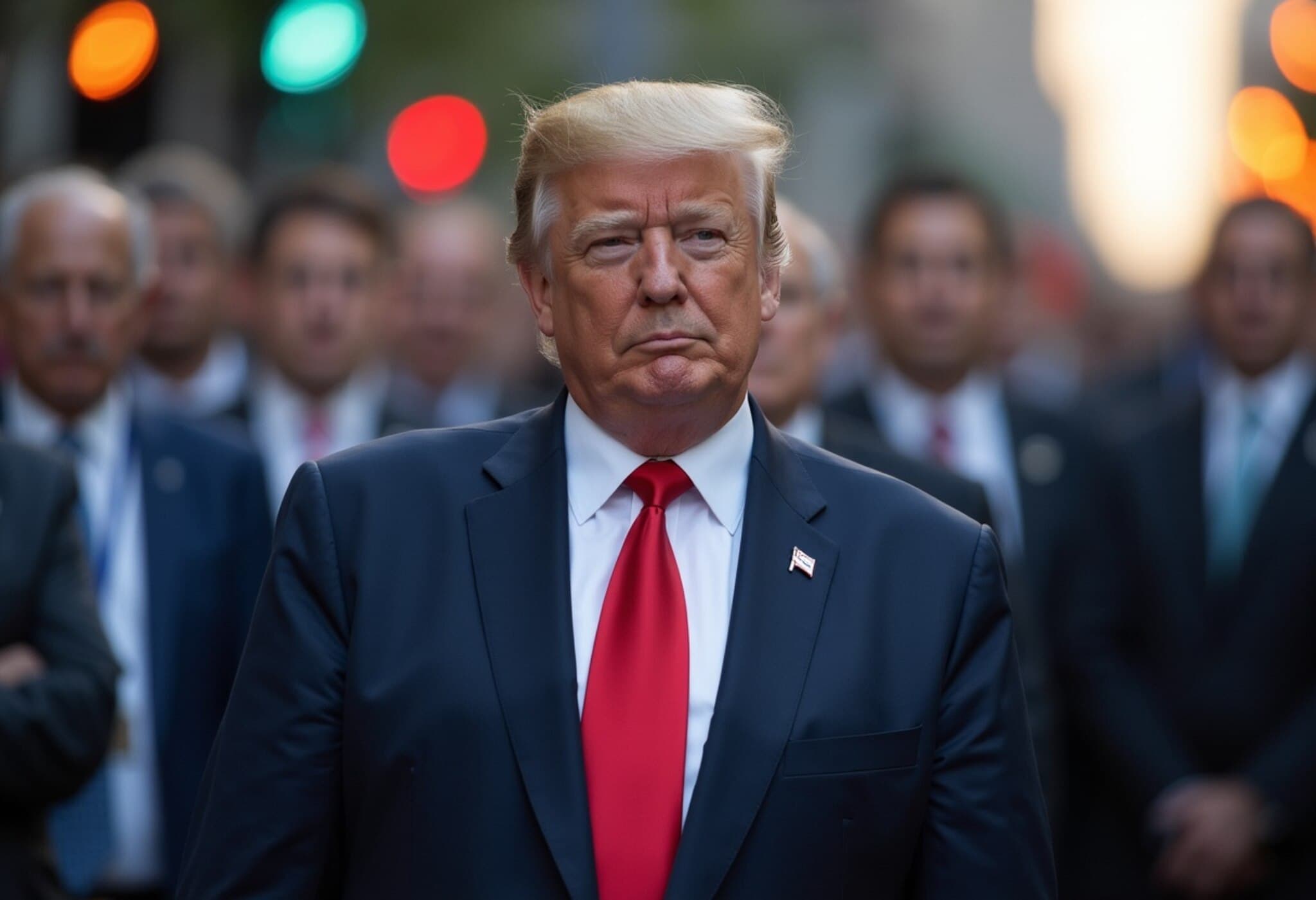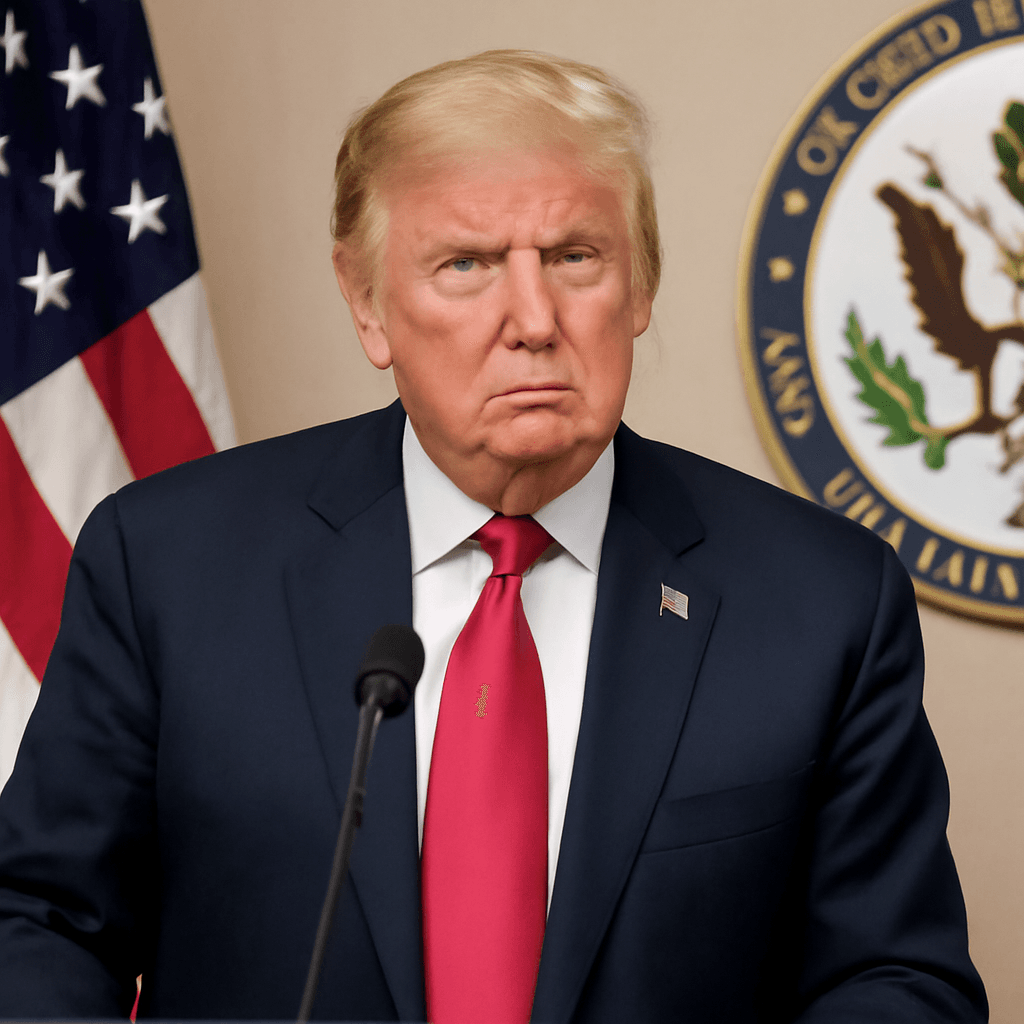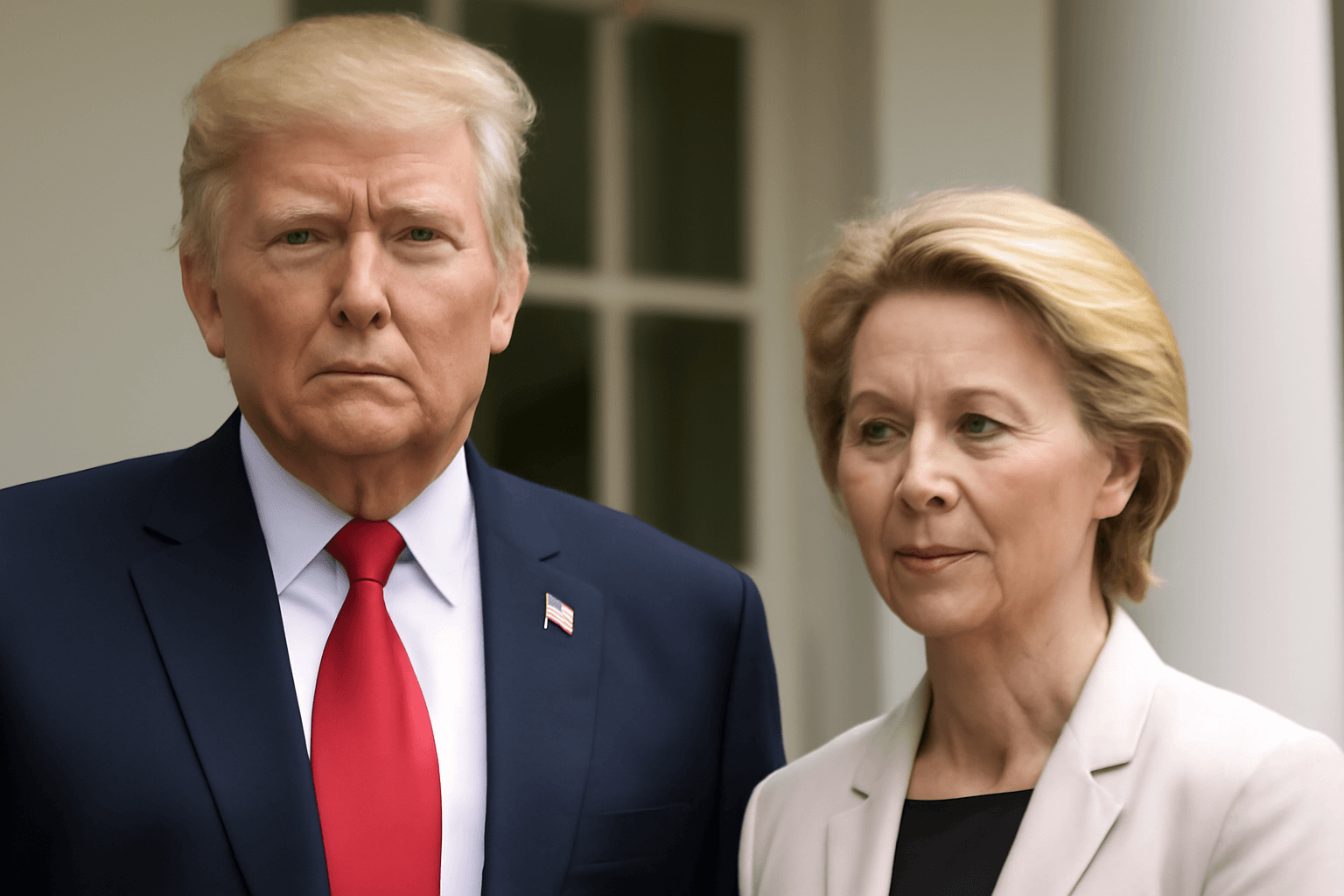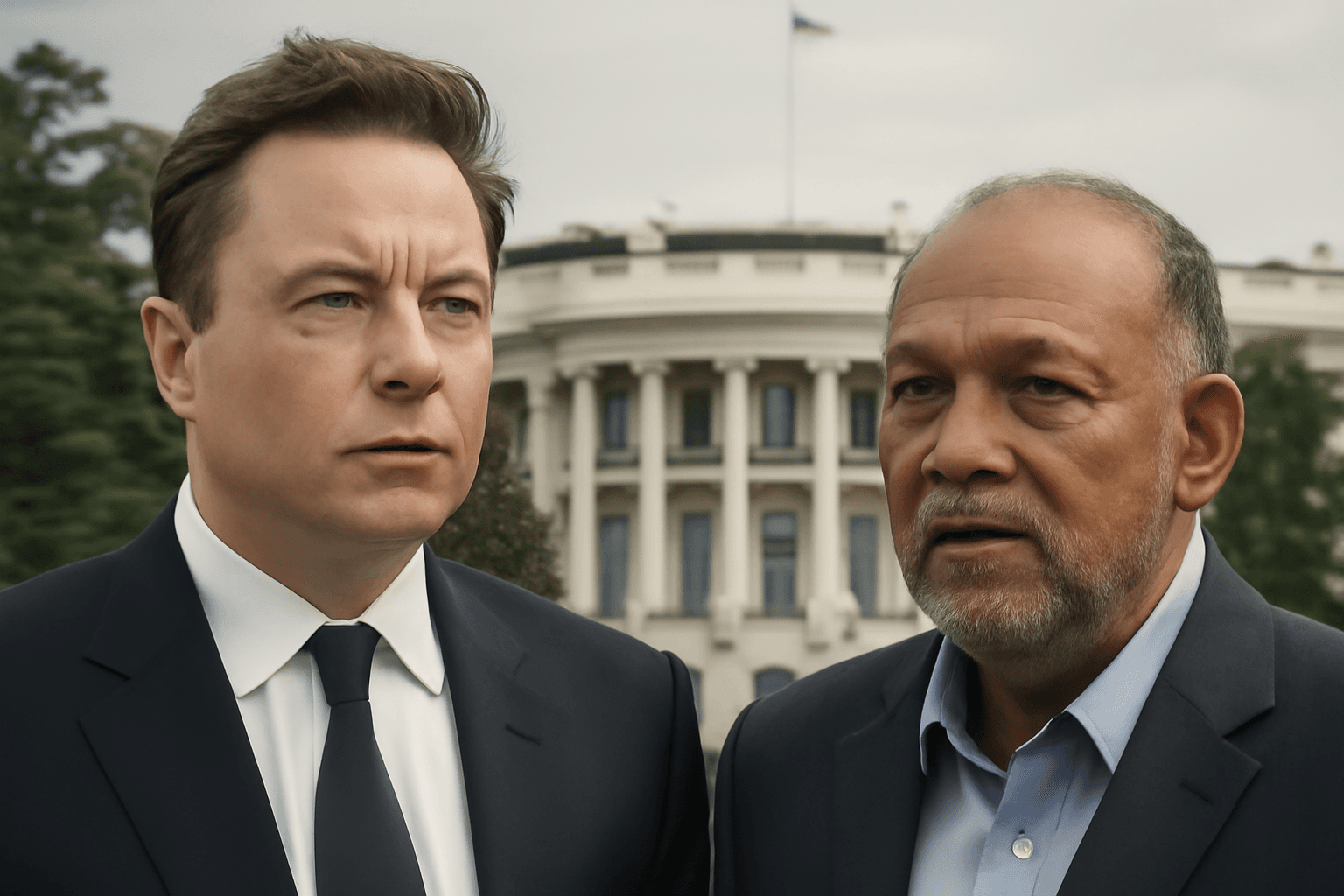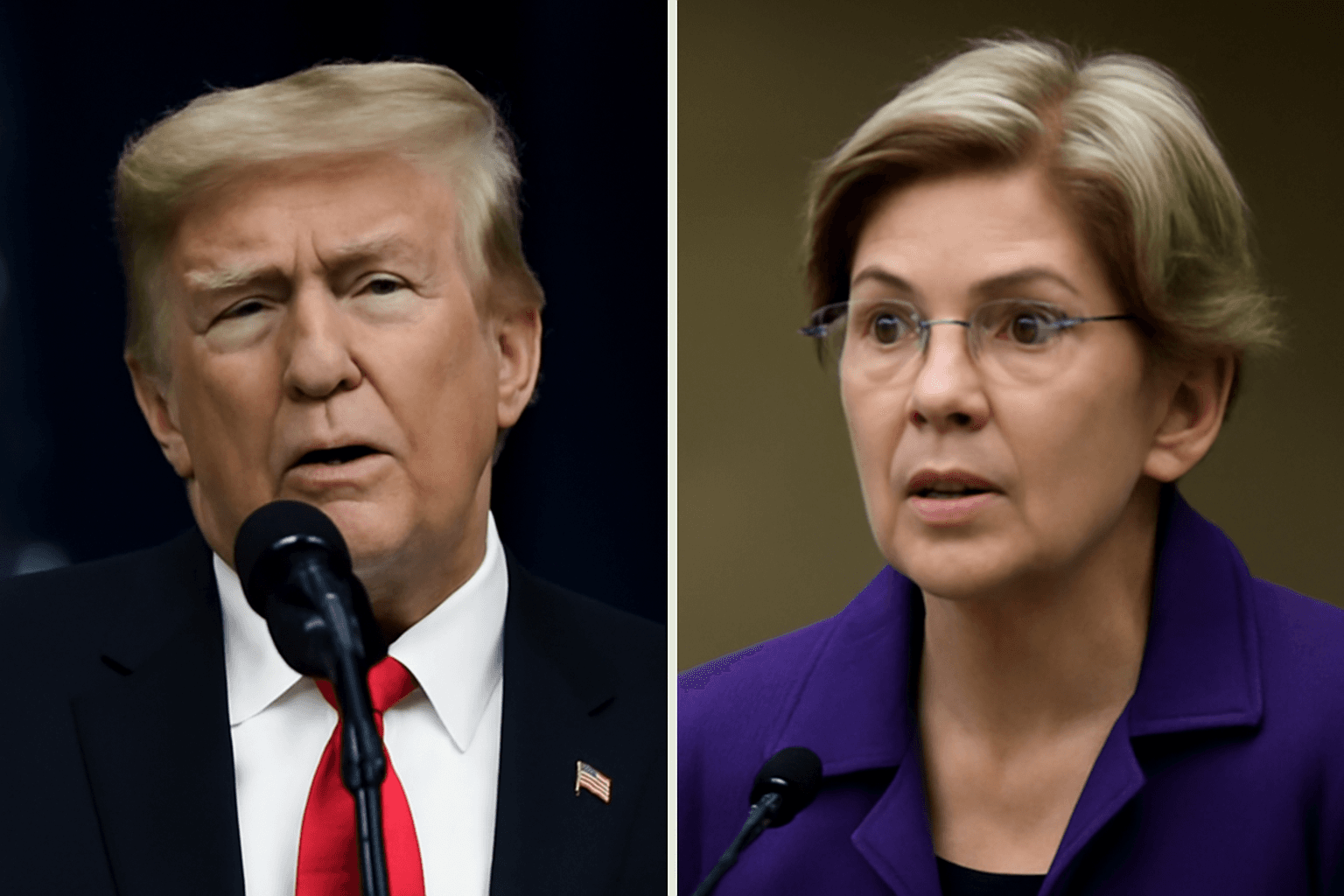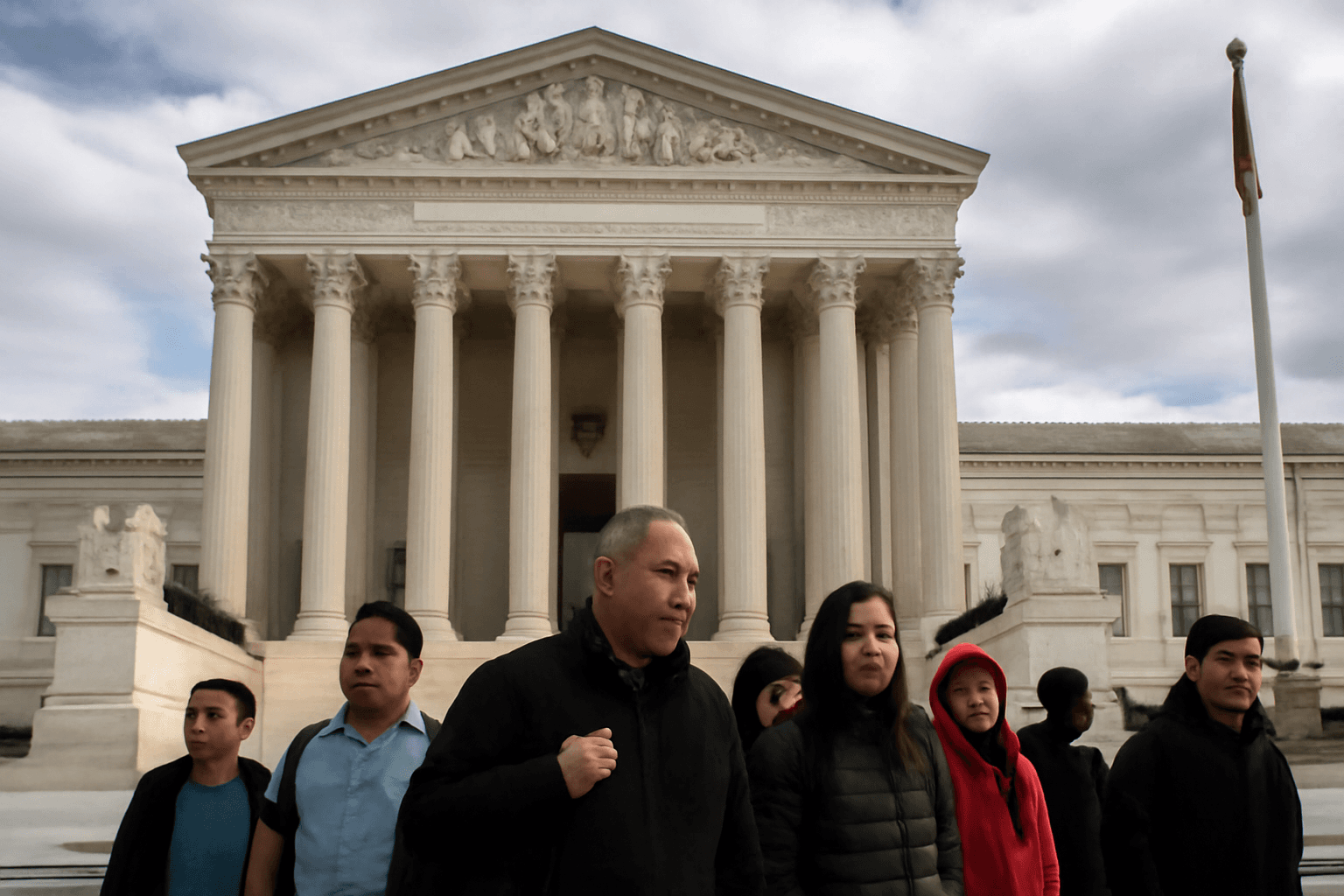The United States government's recent announcement to "aggressively" revoke visas held by Chinese students reflects a culmination of policies and concerns that have been developing over several years. This move is primarily driven by national security issues related to the influence of the Chinese Communist Party (CCP) within the U.S. educational system.
During his 2023 presidential campaign, Donald Trump pledged to bar entry to individuals affiliated with communist, Marxist, or socialist ideologies, with specific attention to those connected to China. Trump also vowed to shut down China-funded Confucius Institutes across American universities and target Chinese researchers and professors suspected of activities detrimental to U.S. interests.
Officials within the administration, including former Homeland Security Deputy Ken Cuccinelli, highlighted longstanding security concerns about China's efforts to advance its position in critical scientific and technical fields through academic channels in the U.S. Senator Marco Rubio, a prominent figure supporting the policy, stated the administration's intent to focus on revoking visas of students associated with the CCP or involved in sensitive areas of study. The White House spokesperson confirmed that the visa revocation initiative aims to protect the homeland from espionage and other hostile activities.
China has strongly criticized the policy, denouncing it as unreasonable and damaging to the rights of Chinese students, thereby hindering cultural exchange between the two nations. The measure has further strained already tense U.S.-China relations, which have been impacted by previous trade tariffs and recent restrictions on sensitive technology exports, including semiconductor manufacturing software.
The visa revocation represents an initial step in a broader strategy to reduce Chinese influence in U.S. academic institutions. Discussions are underway regarding potential limitations on funding for universities collaborating with Chinese graduate students. Current U.S. immigration law prohibits Communist Party members from obtaining citizenship or green cards, but these restrictions do not cover temporary visa holders such as students or tourists.
Legislative efforts to restrict Chinese nationals from pursuing studies in STEM fields have been in the pipeline since 2020, with figures like Senator Tom Cotton advocating for such measures citing national security threats posed by espionage activities. Similarly, Senator Rubio has been a vocal opponent of Confucius Institutes and has sought to counter what he describes as China’s comprehensive challenge to U.S. interests.
This policy shift underscores the U.S. government's intensified focus on safeguarding national security by limiting potential foreign influence through academic and research domains involving Chinese nationals.

